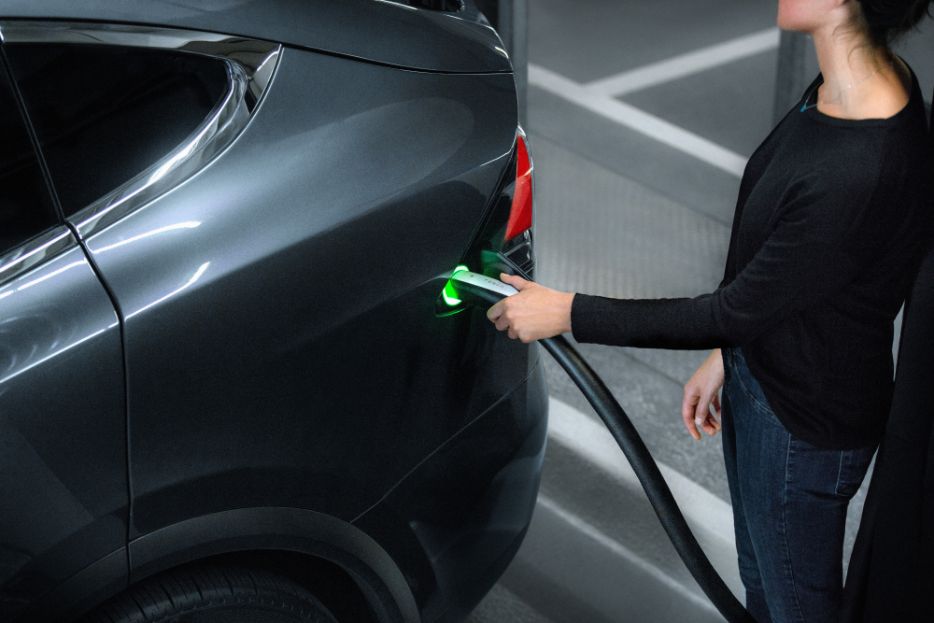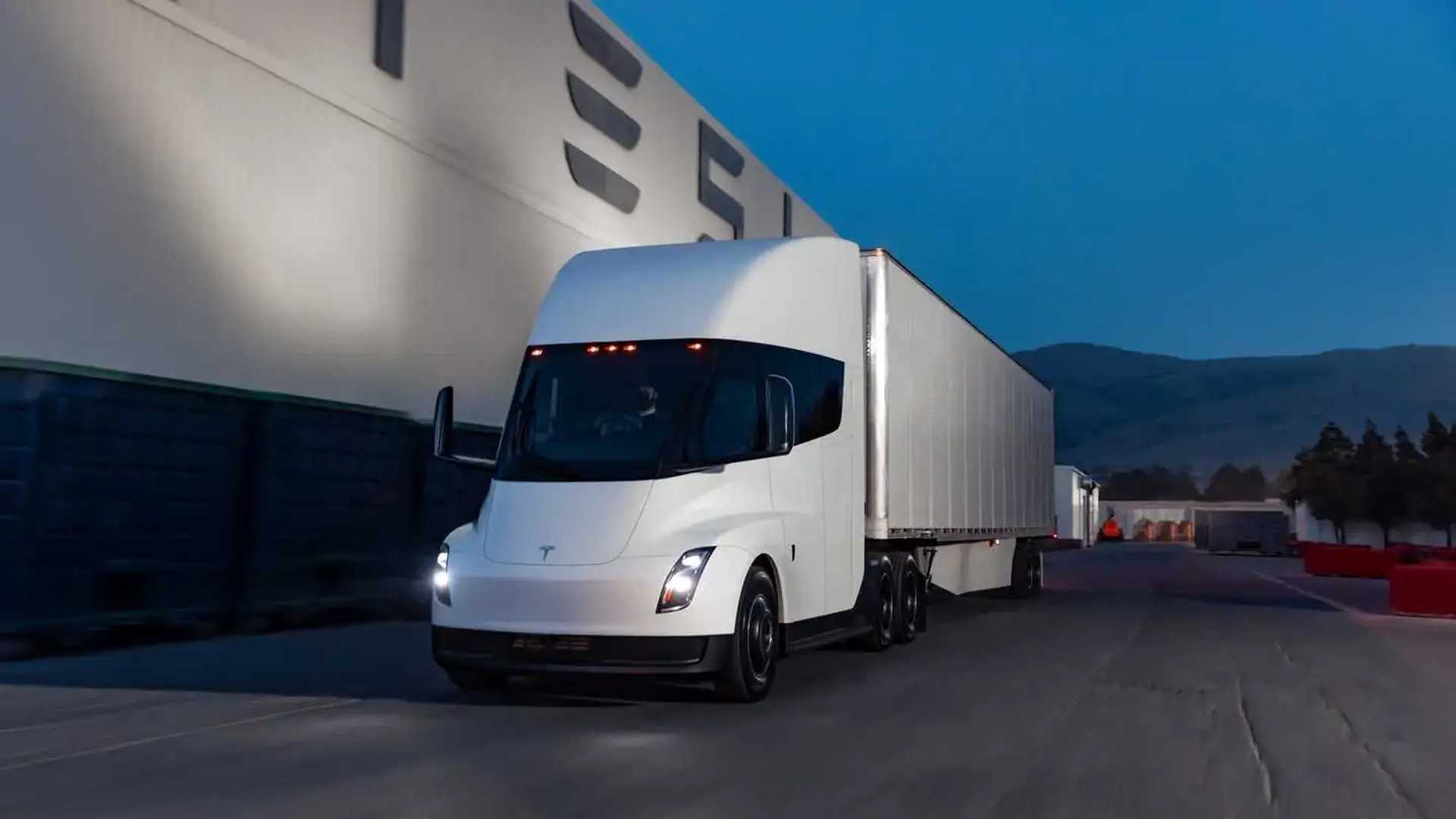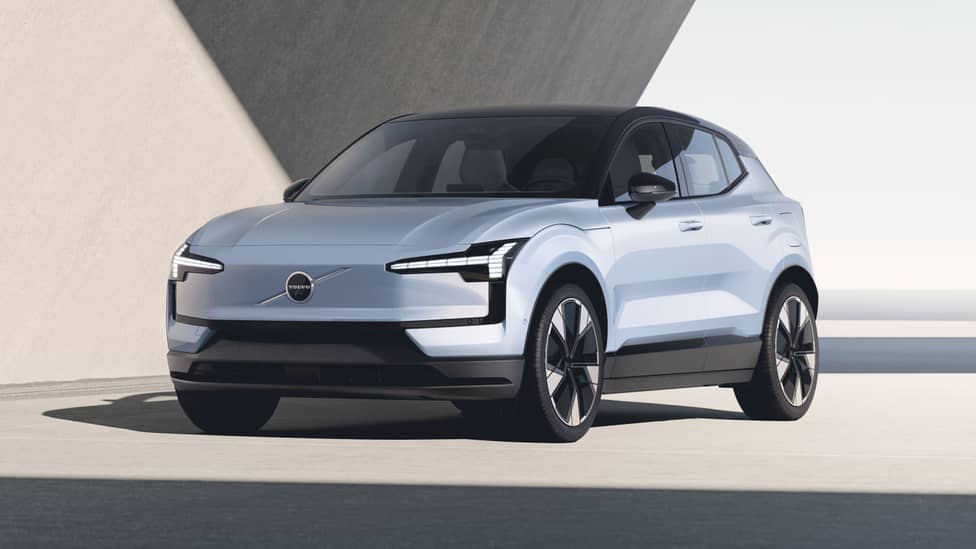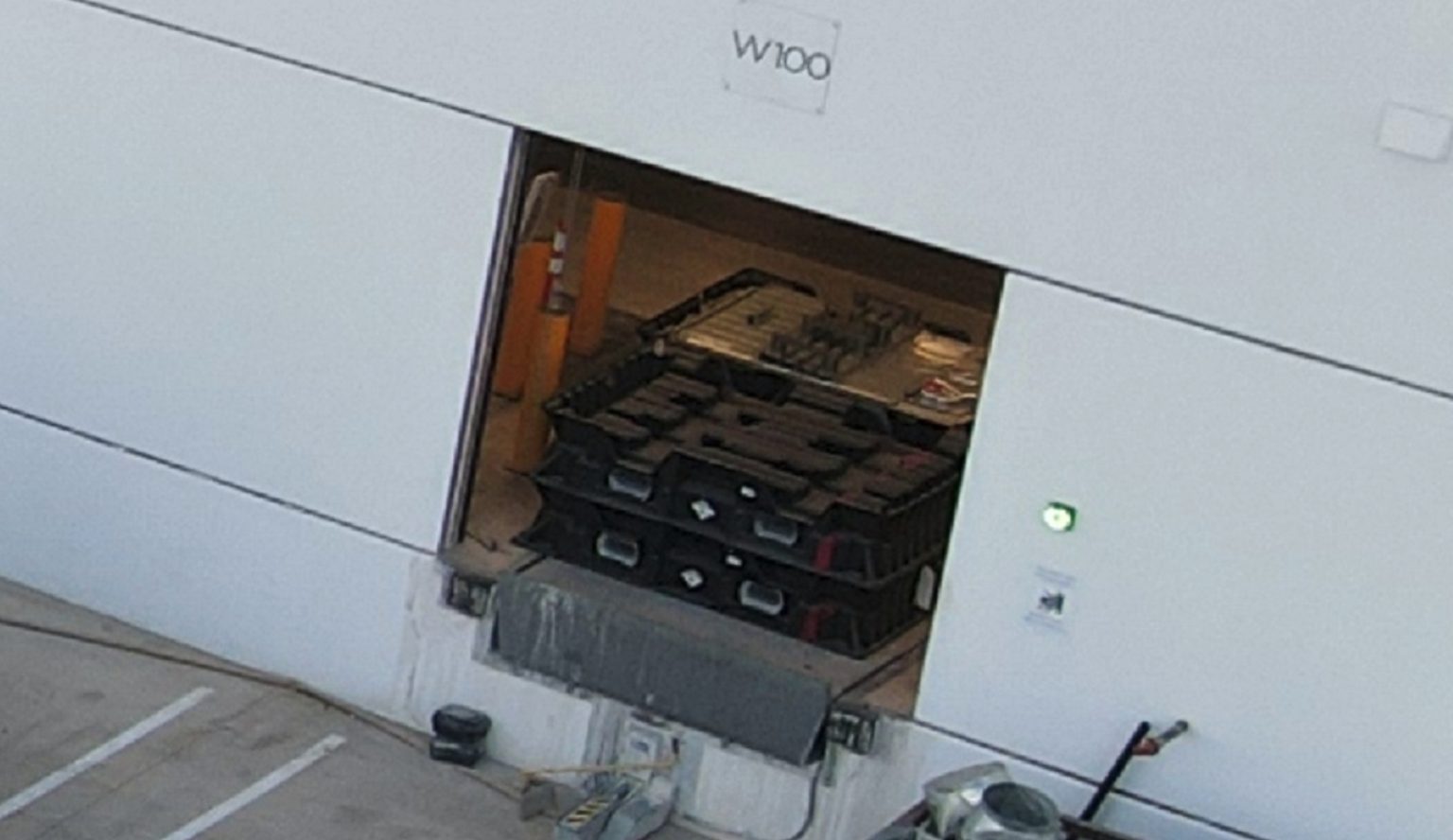France has signaled reluctance to postpone the implementation of post-Brexit tariffs on electric vehicles (EVs) traded between the United Kingdom and the European Union, potentially affecting carmakers in both regions. This stance comes as a consequence of the EU-UK post-Brexit trade deal, which mandates that EVs must contain at least 45% EU or British content from 2024, with a higher requirement of 50%-60% for their battery cells and packs. Failure to meet these criteria would result in the imposition of import tariffs of 10% by either the UK or the EU.
The challenge lies in the fact that neither British nor EU car manufacturers have fully developed their EV supply chains to meet these requirements. Consequently, they have called for a postponement of these rules until 2027. However, France, despite having carmakers like Renault and Stellantis that would be impacted by the tariffs, is hesitant to agree to a delay. French government sources have cited concerns about reopening a UK-EU deal that required extensive negotiations.
One French official, speaking anonymously, pointed out that the ink on the agreement is barely dry and cautioned against hasty decisions. France is awaiting the assessment of the issue by the European Commission. Another French official noted that while German officials are more inclined towards delaying the tariffs, there is still hesitancy in Berlin.
The European Commission has acknowledged the concerns raised by both the UK and the EU regarding the tariffs. However, they emphasized that the Brexit deal was the outcome of negotiations aimed at achieving an “overall balance of commitments.” They suggested that such issues could be examined by bodies established as part of the deal.
While the EU has not yet agreed to Britain’s request to postpone the impending tariffs, carmakers in the UK remain hopeful that a delay can still be negotiated. This development underscores the complexity and ongoing negotiations surrounding trade relations between the UK and the EU in the post-Brexit landscape.







